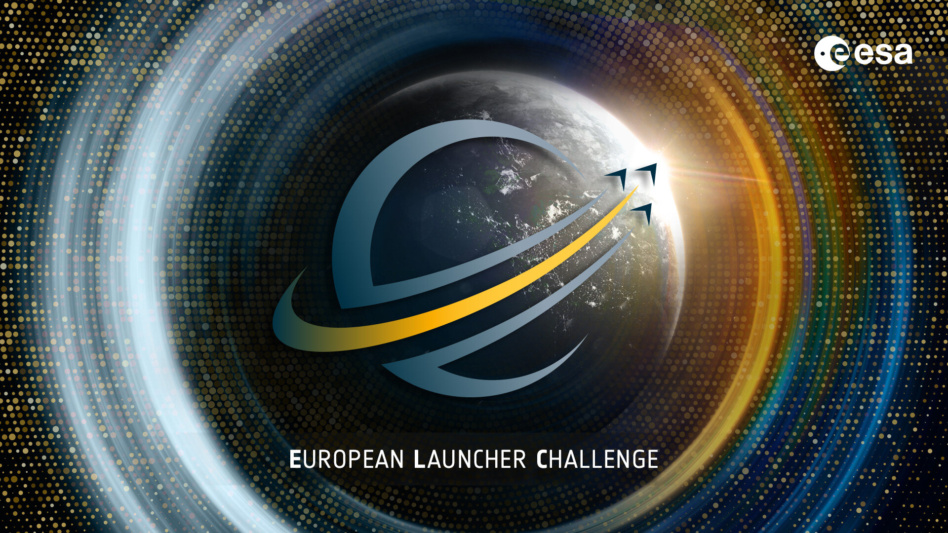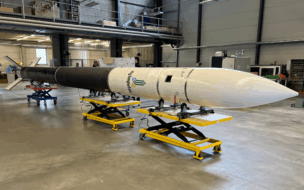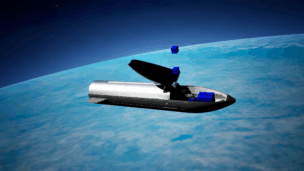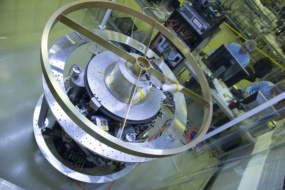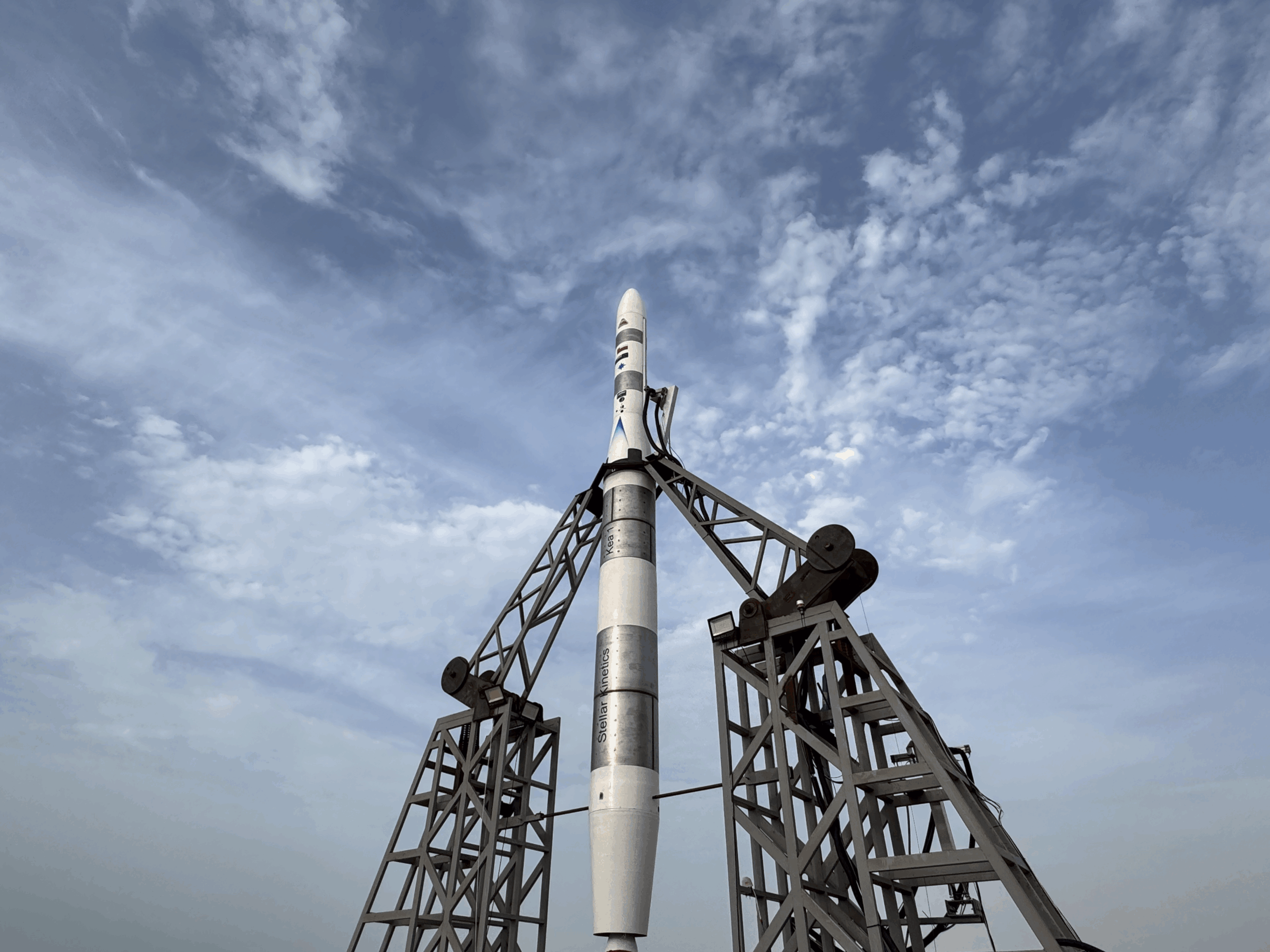ESA selected the winners of the first stage of its European Launcher Challenge (ELC) yesterday. The companies chosen are:
- Germany’s Isar Aerospace and Rocket Factory Augsburg (RFA)
- France’s MaiaSpace
- Scotland’s Orbex
- Spain’s PLD Space
Each launcher now stands the chance to win a maximum of €169M ($198.3M), following ESA’s November ministerial meeting in which the agency and its member states finalize their budgets for the next three years.
The funding for each company, however, will come from the member states in which they are headquartered—a fact that may mean trouble for Isar Aerospace and RFA, unless Germany plans to go all-in on both launch systems. For comparison, Germany’s ESA budget in 2025 was €956.1M ($1.1B). Allotting the maximum amount to both launchers would increase this budget significantly.
Building blocs: Since the challenge was first announced in 2023, its goal has been to create a more competitive pool of launch services on the continent to help European space agencies, militaries, and satellite companies reach orbit more regularly and affordably without relying solely on Vega C and Ariane 6.
Many of yesterday’s winners have already received significant backing from their national governments: Spain invested €40.5M ($47.5M) in PLD Space last year; Germany committed €95M ($111.5M) to its national launchers in December; and the UK government took a £20M ($27.2M) stake in Orbex’s Series D in January.
The ELC funds will cover two stages of development: an initial launch capability, and a capacity-upgrade demonstration.
Tick tock: The challenge requires that each of the rocket-makers achieve an orbital launch no later than 2027. Here’s the state of play for each company:
- Isar Aerospace performed the first launch demo of its Spectrum rocket in March, which failed 30 seconds into flight. It’s unclear when the company will be ready for its second attempt.
- Rocket Factory Augsburg confirmed it’s attempting a 2025 inaugural launch from SaxaVord Spaceport in the UK.
- Orbex told Payload it’s on track for a 2026 launch from SaxaVord.
- MaiaSpace is targeting a first launch from French Guiana in 2026.
- PLD Space is targeting a first launch of its Miura 5 vehicle in early 2026.
Following these first flights, ESA will commit to procure launch services from a challenge participant for future ESA missions by 2030. The challenge also requires companies to demonstrate a payload capacity upgrade by 2028.
Win/Loss: While great news for the winners, the announcement potentially culls the field of launch companies across the continent—with seven of the dozen reported proposals going unselected.
Being passed over in this stage of the challenge will likely mean less available public funds for unselected companies, which include the UK’s Skyrora, France’s Latitude, and France’s Sirius Space Services.
